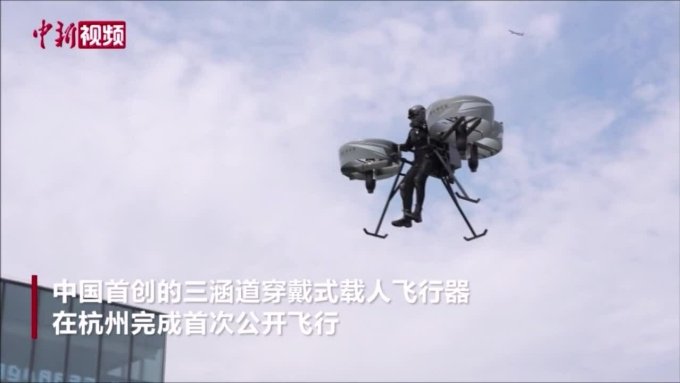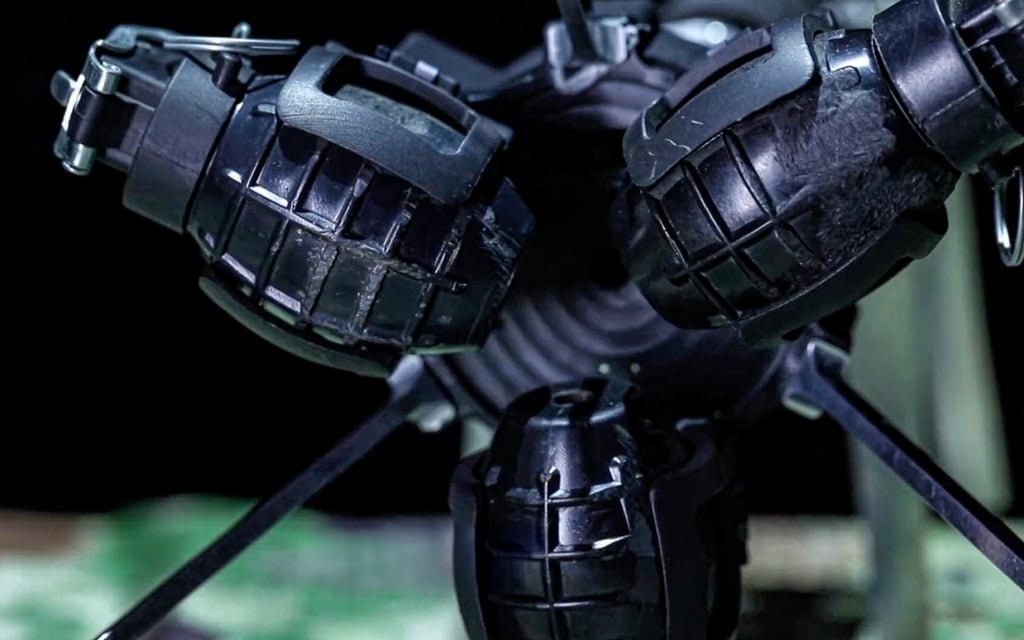Treasury Secretary Scott Bessent on Tuesday said the “onus” is on China to bring down its tariffs as he outlined how many jobs the world’s second-largest economy stands to lose in a trade war.
If the US keeps tariffs in place at the current level of 145%, China could lose 10 million jobs “very quickly,” Bessent said during a press conference at the White House, citing outside statistics.
Even if the US were to lower tariffs somewhat, China still stands to lose 5 million jobs, he added.
“So remember that we are the deficit country,” Bessent said. “They sell almost five times more goods to us than we sell to them. So the onus will be on them to take off these tariffs. They’re unsustainable for them.”
Read more: The latest news and updates on Trump’s tariffs
Bessent wouldn’t clarify on Tuesday whether the US is talking to China regarding trade. That point has become a subject of confusion as China continues to deny it is in talks to resolve the trade war despite statements from President Trump suggesting negotiations were underway.
“I’m not going to get into the nitty-gritty again of who’s talking to whom, but as I said, I believe for the Chinese, these tariffs are unsustainable,” Bessent told reporters during a White House briefing.
The secretary said the US is close to a deal with India and that he could see the “contours of a deal” with the Republic of Korea coming together. He also cited substantial talks with the Japanese.
Read more: What Trump’s tariffs mean for the economy and your wallet
When it comes to Europe, Bessent stressed that the digital tax on US Big Tech firms would need to come down as part of trade negotiations.
Trump and his White House are going all out this week to tout the president’s second 100th day in office, but their boasting has to tiptoe around the worst stock market start for a president in decades.
Bessent tried to reassure the markets that there would be greater certainty of the administration reaching more agreements with countries that are facing elections and eager to secure a deal.
“I think the aperture of uncertainty will be narrowing, and as we start moving forward announcing deals, then there will be certainty,” he said, while adding that “certainty is not necessarily a good thing in negotiating.”
Bessent cited statistics from money manager Vanguard that he said showed individual investors have held tight while institutional investors “have panicked” amid the trade negotiations.
“Individual investors trust President Trump,” he said.
One thing businesses will get certainty on is taxes, Bessent said, which he said will drive investment and growth.
“The tax bill is moving forward,” Bessent said. “It is going to give permanence to the 2017 Tax Cuts and Job Act, which will go back to the question on certainty. It will give American business certainty. It will give American people certainty.”
Bessent noted he had a “good meeting” with the group of “Big Six” on Monday, including NEC Director Kevin Hassett, House Speaker Mike Johnson, Senate Majority Leader John Thune, House Ways and Means Committee Chair Jason Smith, and Senate Finance Committee Chair Sen. Mike Crapo.
He also said that revenue from tariffs could pay for the president’s campaign proposals in the tax bill, including no tax on tips, no tax on Social Security, no tax on overtime, and restoring interest deductibility for American-made autos.
Later on Tuesday, President Trump is expected to sign an executive order that softens the blow of tariffs on automakers.
Click here for in-depth analysis of the latest stock market news and events moving stock prices
Read the latest financial and business news from Yahoo Finance








